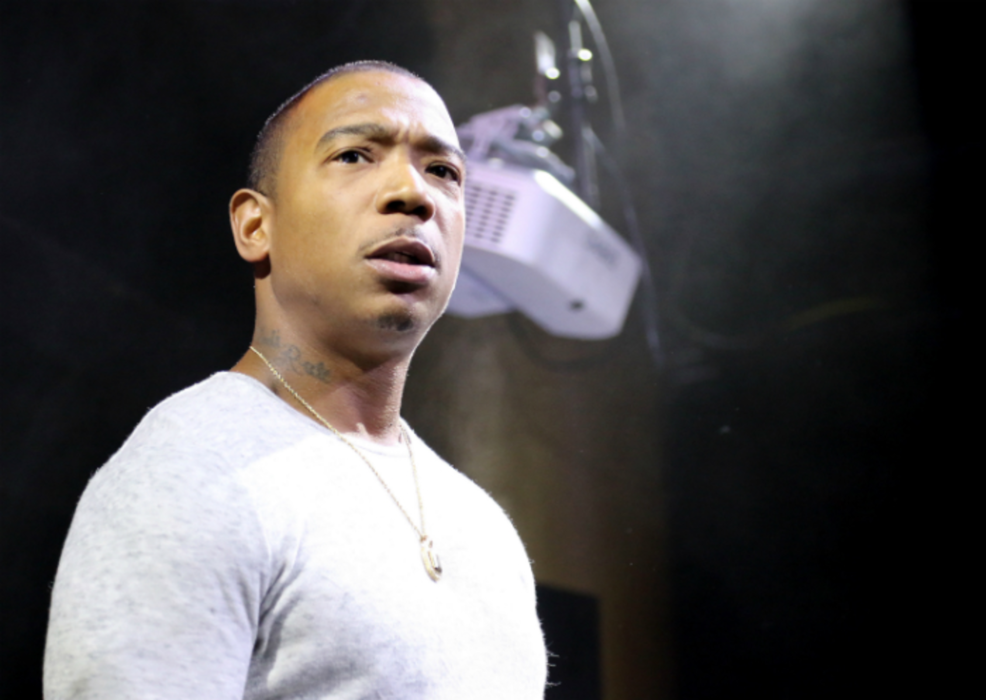Image credit: Getty Images
The dust still hasn’t settled on the Fyre Festival fiasco, and if news of lawsuits continue to roll in at their current pace, it’s likely this failed event will remain in the news cycle for some time indeed.
For the uninitiated, Fyre Festival was a luxury music event with aspirations to rival the famed Coachella music festival. Fyre, a live entertainment booking service, backed the festival, which was helmed by the rap artist Ja Rule and a young entrepreneur called Billy McFarland (whose resume is littered with little fyres). The event promised to deliver the festival experience of the decade, and aimed to attract the most wealthy millennial music fans in the world.
McFarland and Ja Rule launched a boisterous ad campaign for the festival that included heavy influencer marketing from the likes of Bella Hadid, Kendall Jenner, and a host of other prominent models and celebrities. As is now apparent, the $1,500 to $12,000 tickets didn’t buy much more than cheese, bread, and disaster relief tents for audience members who had paid top dollar to jam out to “Panda,” then party with a Kardashian.
The dinner that @fyrefestival promised us was catered by Steven Starr is literally bread, cheese, and salad with dressing. #fyrefestival pic.twitter.com/I8d0UlSNbd
— Trevor DeHaas (@trev4president) April 28, 2017
Whatever else Fyre Festival hoped to be, it is definitely a turning point in influencer marketing.
“The one thing these guys did well was influencer marketing,” says Gil Eyal, founder and CEO of the influencer marketing platform HYPR. “Had this been a great festival, people would be hailing it as a great use case for influencer marketing.”
Sadly, things didn’t end up going well at all. The organizers of the event are currently facing a $100 million class action lawsuit, and TMZ reports that McFarland and Ja Rule are in the midst of their own $3 million suit for failing to continue repayments to a lender who loaned the pair money for the event.
Though many have apologized, the influencers who promoted the event are also coming under fire for their role in the calamity.
“Influencer marketing played a role in the problems surrounding last month’s Fyre Festival. The demise of the festival not only demonstrated the power of influencer marketing, but also shed a light on its dark side,” says Ezra Kucharz, a media veteran, and former president of digital media at CBS.
Indeed, some of these influencers are facing litigation for not properly disclosing that they were being paid to promote the Fyre Festival.
News of these lawsuits against influencers sent ripples through the marketing world, as influencer marketing has quickly grown into one of the most popular tactics for gaining attention, particularly from younger audiences.
Of course, being transparent about when a message is actually a paid ad is not an ethics challenge unique to influencer marketing. The same challenge applies to sponsorship and to native advertising. But despite FTC guidelines, influencers have been largely able to play fast and loose with disclosures up until this point. The question isn’t so much whether or not that’s okay — clearly it isn’t — but rather whether we should blame the influencers for the disastrous event — and if so, how much.
“If you take a deeper look into [this situation] you have to ask would…disclosures have changed anything,” Eyal says.
“Let’s say all of these influencers had disclosed. Do you think that would’ve changed anything? Would you sue a magazine if they posted an ad for this event? At what point does the publisher bear responsibility for the value of the product they’re promoting? Are we asking influencers for a level of responsibility that we aren’t asking from other publishers?”
It’s probably good practice for consumers to err on the side of suspecting a paid ad whenever a famous face appears in front of a brand. However, the Fyre Festival situation has made it abundantly clear that influencer marketing is in dire need of better regulation.
“At the moment, influencers have too much power. Brands will do anything to work with them, especially the big ones,” Eyal says. “If anything can push the industry into regulation, that’s great for brands.”
Indeed, the one challenge influencer marketing has always faced has been authenticity. Who’s paying this famous person to support this brand or product, and how much? Improved regulation can address some of those concerns. But in the meantime, marketers might focus on authentic enthusiasts.
“Enthusiasts are people that are actively involved in a product, topic or activity and as such, have a deeper sense of obligation to their audience and what they’re promoting as opposed to someone looking to make money as a spokesperson,” Kucharz says.








